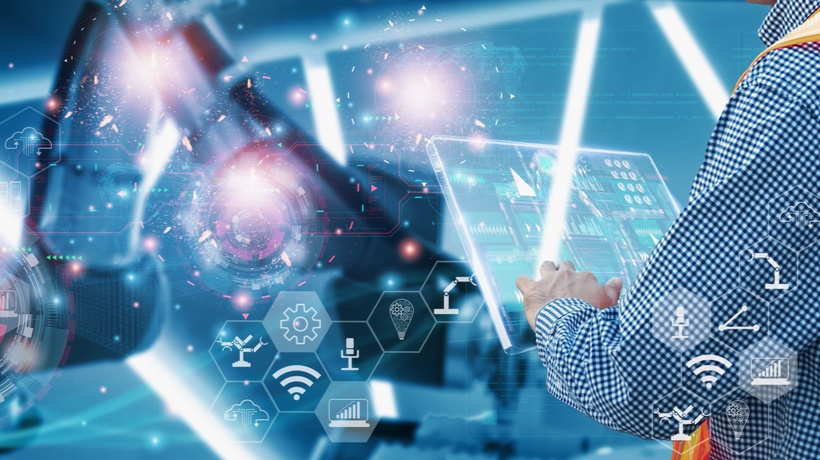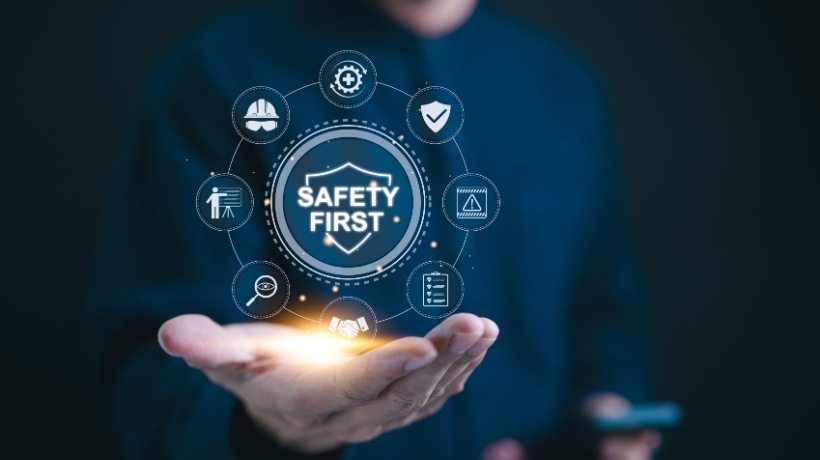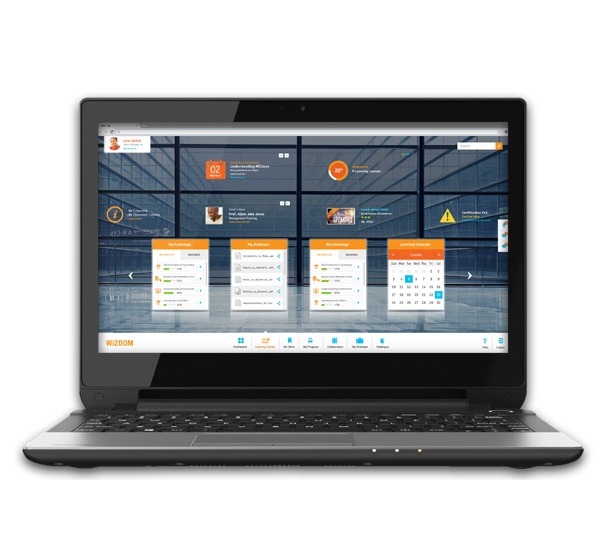Application And Benefits Of eLearning For Utility Industry
In today’s revolutionary world, the utility industry is facing a huge transformation due to changing consumer demands, increasing costs, reduced capital, changing regulations, and competition.
Earlier, the Utility industry used to spend less than nine minutes per year to directly interact with its customers. The modern learner experience focuses mainly on improved engagement level, optimized interactions, and introduction to new products and services. Moreover, utilities are now seeking for efficient ways to build customer loyalty, strong collaboration among peers, and more value for money. The Utility industry should focus on digitization to foster relationships with its customers, and boost employee engagement and workplace productivity. Therefore, utilities need to focus on the following areas:
1. Digitize Learning Management Systems
The utilization of robust management systems and adaptive CRM (Customer Relationship Management) solutions aid utilities to integrate all data so that agents can give feedback towards improving customer experience.
2. Use Of Analytics With eLearning
As modern learning is becoming more digital, utilities analyze smart data to adapt the latest learning trends, analyze current business processes, and facilitate online learning.
3. Offer Business Capabilities To Engage Customers
Utility industry helps its customers adopt smart products and services by presenting relevant information in an understandable format, and developing smart applications.
4. Use Innovative Tools
Utilization of online learning platforms means proactively involving customers to improve sales and quality of service, reduce costs, and expand business growth.
5. Engage Future Workforce
Employees working in this domain retire in large numbers, therefore it is important to hire new talent to bridge the gap. Modern learners expect to work in an engaging environment, so a technologically advanced workplace is crucial to attract the best talent.
Changing Behavior Of Modern Learners
The challenge of developing new market conditions is arising because of the changing learning needs of the utility sector workforce. The organizational approach to energy is also evolving thanks to the utilization of sophisticated tools and technologies. Earlier, employees could not engage more, but only seek to interact with peers when there was some problem. However, the availability of online courses, has made it easier for the workforce to collaborate more and achieve profitable business outcomes. With changing demands, the role of technology is also shifting from traditional classroom instruction to modern eLearning:
1. Mobility
Today’s new age learners can access eLearning courses on personalized mobile devices via interactive mobile apps for Android and iOS. For instance, Sales personnel can access short nuggets of information while on the go, as per their convenience.
2. Big Data
Analytics and Big Data have revolutionized the facet of corporate learning by developing customized courses to fit individual learning needs.
3. Social Media
Interaction among peers via social media platforms helps sharing new experiences and developing strong collaboration.
With the ever-changing regulations of the utility industry, it has become essential to upgrade their legacy systems and pace up with evolving employee needs. The industry must adapt diversified business processes including billing, finance, and admin to support varied business conditions. By digitizing these capabilities through managed services, utilities can enhance the overall employee experience and business productivity, implementing new business policies and procedures.
Mobile-enabled course delivery is becoming a powerful employee productivity booster. As smartphones and tablets provide a flexible platform, Utility companies are able to digitize the core process of workplace training and development. Consequently, it helps retaining employees, improve employee satisfaction and business revenues.
Empowering The Utility Workforce Through Technology
As the Utility industry addresses training challenges of their workforce, they need to hire tech-savvy, proficient employees with the ability to build a digitally-inclined utility. In the coming years, utilization of advanced tools will boost workplace productivity and employee job satisfaction. Here is how technology helps catering to the needs of individuals:
- Real-time data will help resolving learners’ issues more efficiently, with instant feedbacks.
- Data analytics will analyze customer issues for quick workforce responses.
- Workforce can access eLearning courses via interactive mobile apps for an engaging learning experience.
- Sales personnel can access training courses on the go, enabling faster response to different queries.

Impact Of Digitization On Utility
With digitization, the conventional industry model is turning upside down. Most companies in this domain face a plethora of demands, forcing them to redefine their traditional training models. Digital has become significant to manage the effectiveness of networks along with the use of innovative technologies such as virtual reality, automation, and Artificial Intelligence. So, with changing learning trends and technologies, the dynamics of utilities is continuously improving to tailor the needs of individual learners.









